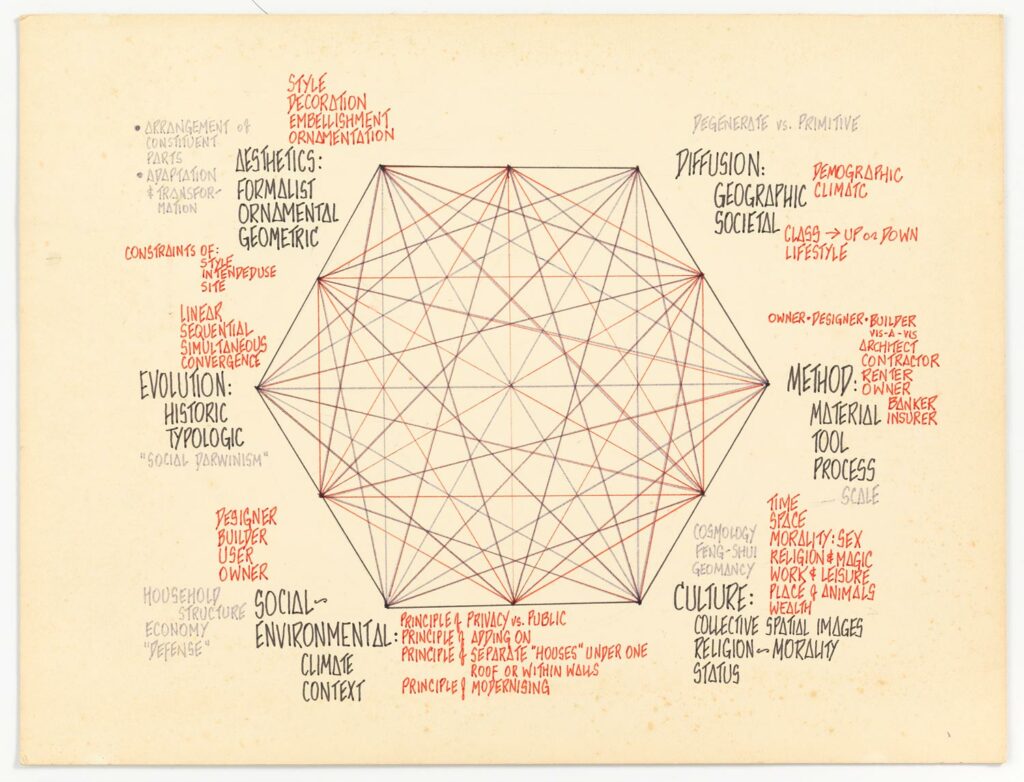The history and controversial roots of the social design movement, explored through the life and work of its leading pioneer, Victor Papanek.
In Victor Papanek: Designer for the Real World, Alison Clarke explores the social design movement through the life of its leading pioneer, the Austrian American designer, theorist, and activist Victor Papanek. Papanek’s 1971 best seller, Design for the Real World: Human Ecology and Social Change has been translated into twenty-two languages and never fallen out of print. Its politics of social design, anti-corporatism, and environmental sustainability have found renewed pertinence in the twenty-first century and dominate the agendas of design schools today. Drawing extensively on previously unexplored archival sources, Clarke uncovers and contextualizes the movement’s controversial origins and contradictions.
Within the fields of design and environmental studies, Papanek is celebrated as a guru of alternative economics and progressive design. Yet Clarke overturns the notion that socially responsible and sustainable design emerged from the counterculture and alternative politics of the late 1960s and 1970s. Instead, she exposes its roots in the late Cold War technocratic culture and policies of US military and development interventionism. She examines the shift away from industrial design as an expression of industrial rationalism toward flawed attempts at humanitarian intervention through quasi-anthropological approaches and design strategies aimed at the socially and culturally excluded. She also casts a critical light on the current social design movement by revealing the macropolitics and neocolonial history in which it is embedded.


